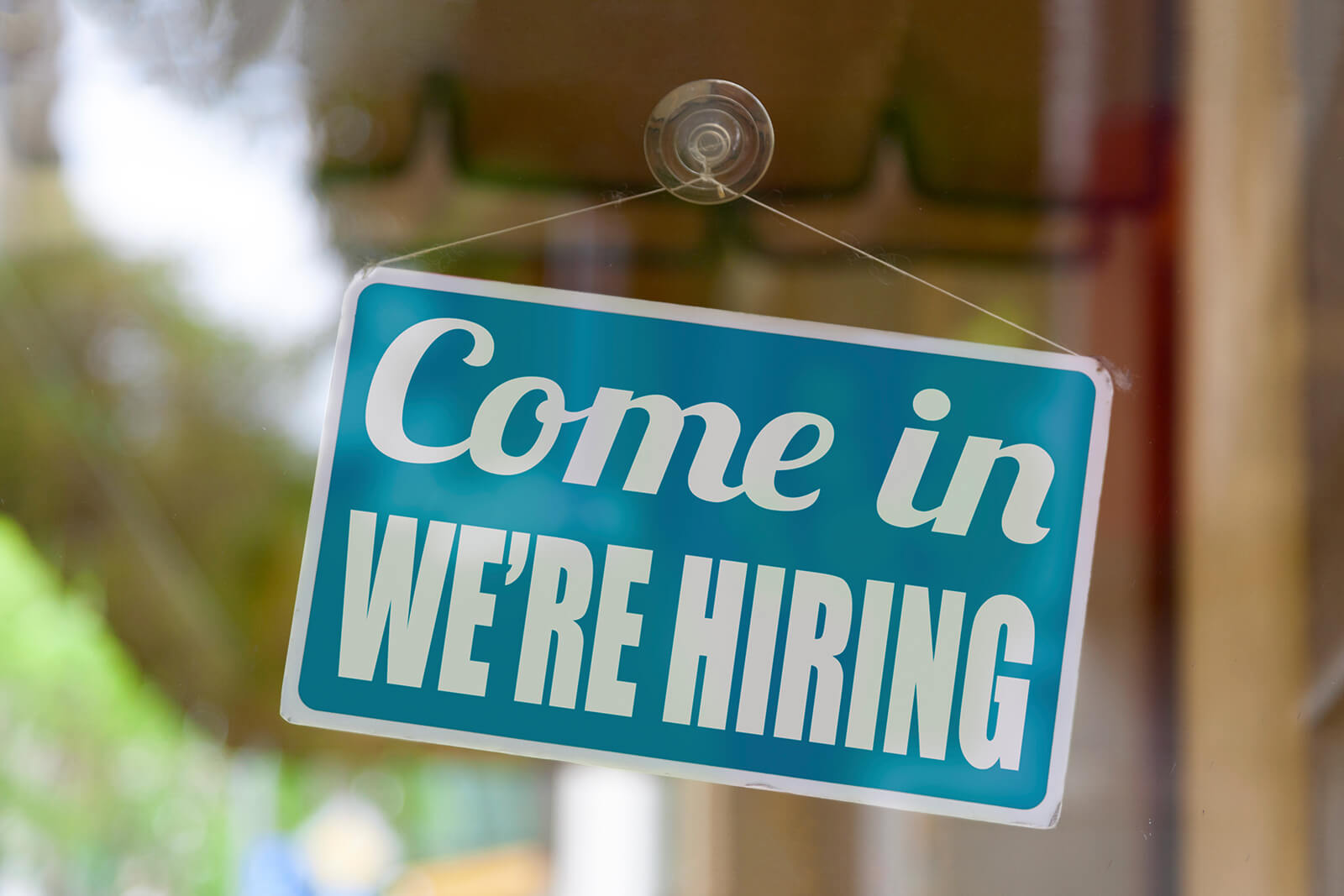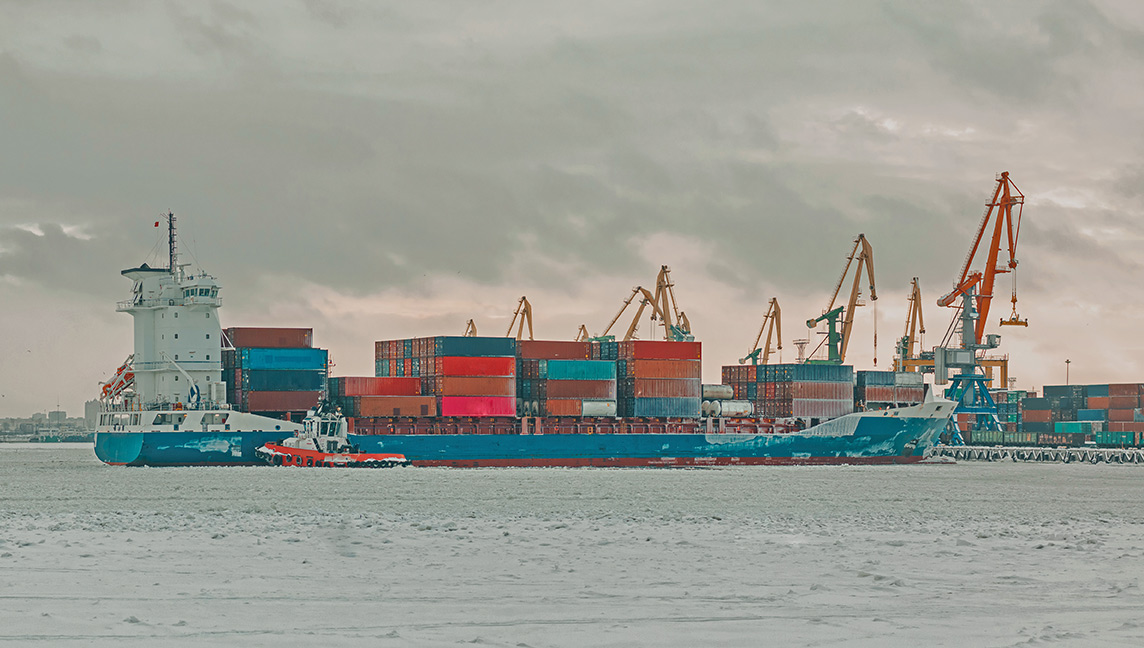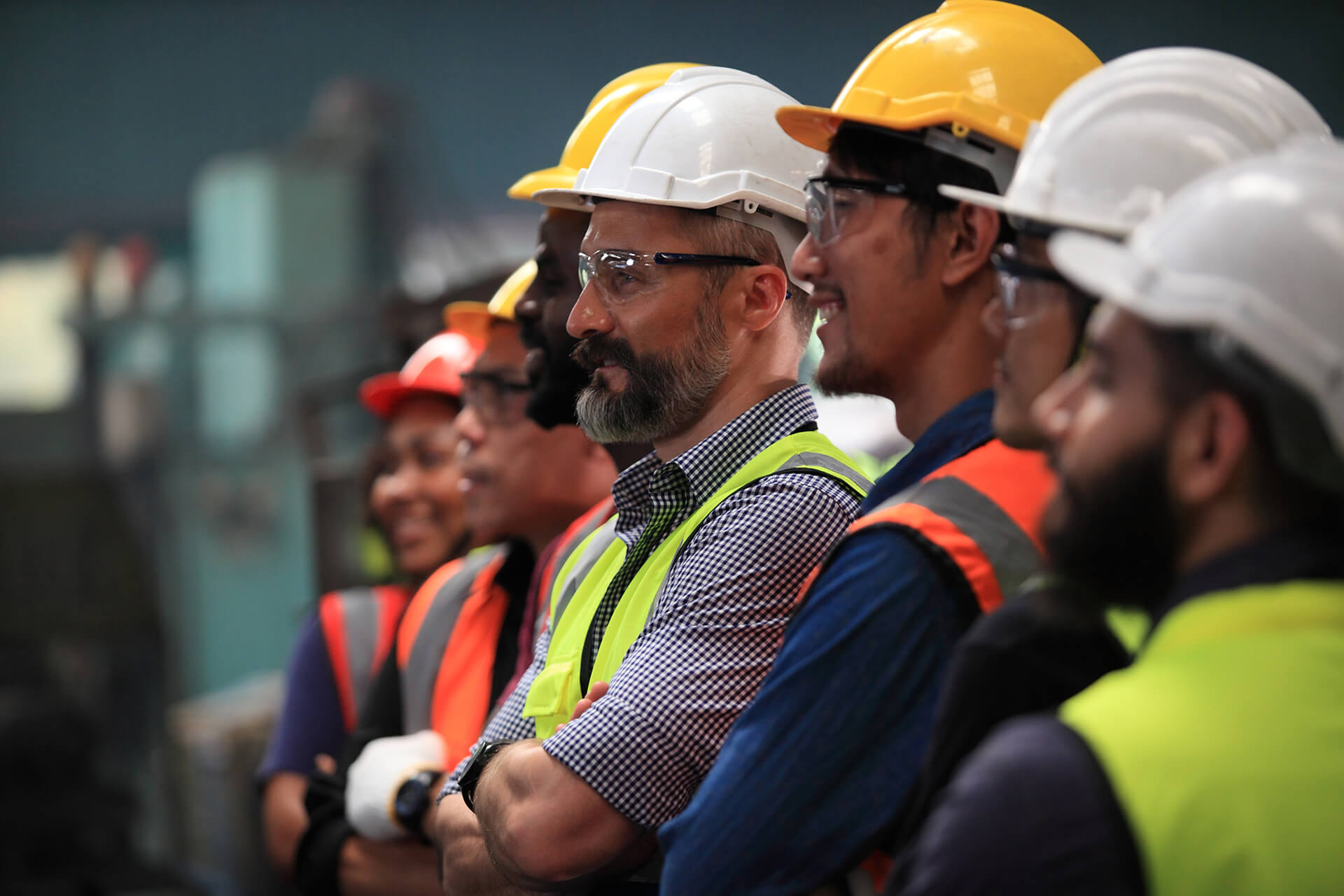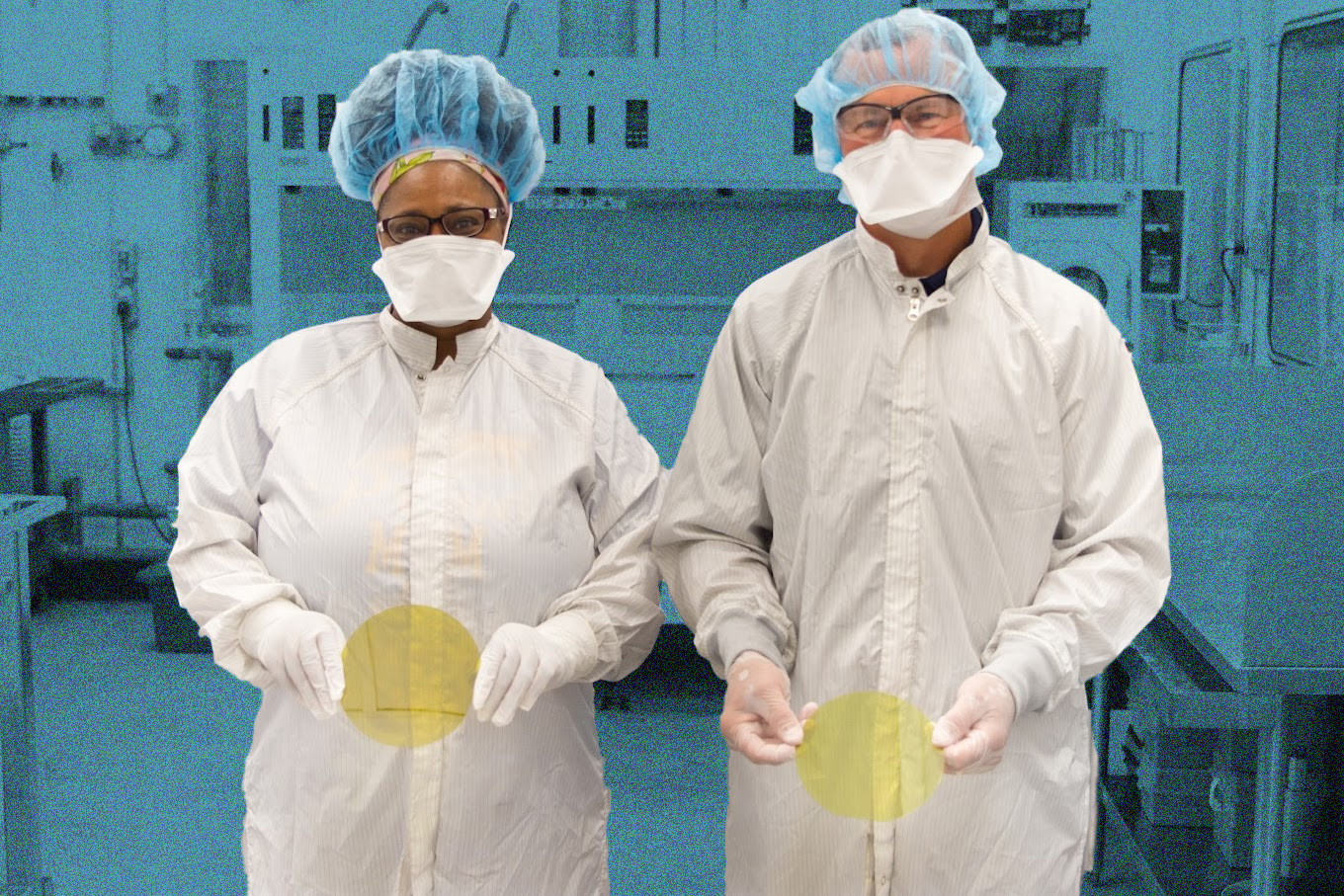Three Key Facts:
-
- Michigan received $9.1 million from theL U.S. Department of Transportation to help small businesses in the state to grow, create and protect good-paying local jobs and prepare them for new vehicles of the future.
- Small companies, including historically disenfranchised companies, such as suppliers run by women, people of color, veterans or members of the LGBTQ+ community, often struggle to get the resources they need to adapt to new vehicle technologies.
- Both the federal government and the state of Michigan have made significant investments in converting legacy vehicle manufacturing plants to the production of electric vehicles.
-
Michigan received a $9.1 million grant from the U.S. Department of Treasury to help small businesses grow, create and protect good-paying local jobs and prepare them for vehicles of the future. The award was funded by the State Small Business Credit Initiative (SSBCI) and will be combined with $500,000 in matching state funds to create the Michigan Auto Supplier Transition Program (MASTP). The SSBCI was expanded by the Biden-Harris American Rescue Plan.
Jonathan Smith, senior deputy director for the Michigan Department of Labor and Economic Opportunity explained that small businesses often struggle to get the support they need to make the transition. “For some of our smaller suppliers particularly in under-served communities it’s hard for them to access [the] kinds of resources [they need] so this program is really designed to help level the playing field and make it easier for them to compete for some of the opportunities in the future,” he said.
The funding is expected to be available by early 2025 and will be used to help small suppliers retool, automate, leverage artificial intelligence, and perform technical assessments. Legal, accounting, and other support services will also be provided to underserved and very small businesses, including helping them access the over $230 million in additional support made available through the Biden-Harris American Rescue Plan’s SSBCI.
Eligible companies include historically disenfranchised companies, such as suppliers run by women, people of color, veterans or members of the LGBTQ+ community. Businesses with fewer than 10 employees also qualify.
Amy Rencher, senior vice president of small business services and solutions for the Michigan Economic Development Corporation (MEDC), said that the program is targeted at companies that often get left behind in the transition to the new vehicle technologies. “Typically, the lens for these resources is for the larger side of small business,” Rencher said. “[This grant] enables us to be more targeted in our efforts in ways that we haven’t been resourced to do to date.”
Both the federal government and the state of Michigan have been making significant investments in converting legacy vehicle manufacturing plants to the production of next-generation vehicles to compete with foreign manufacturers. For example, over $650 million in funding was awarded to two different Michigan companies to help them make the changes needed to retain or create over 1,000 unionized jobs. The Biden-Harris administration also chose Michigan to be one of four new “Workforce Hubs,” to ensure that “the workers, unions, and businesses that have historically powered the auto industry lead the next generation of clean vehicles.”
Energy News Network reported that Michigan has “one of the nation’s most ambitious clean electricity targets” and that the state “has directed hundreds of millions of dollars in state funds to a slew of cleantech factories where workers will make batteries for electric vehicles and new technologies to clean up buildings and electricity production.”
In addition, the Electrification Coalition reported that, as of August, $8.43 billion in private investments has flowed into Michigan’s advanced vehicle manufacturing industry, spurred by approximately $245 million in federal funding. These investments have resulted in the creation of more than 14,000 jobs for Michiganders.





